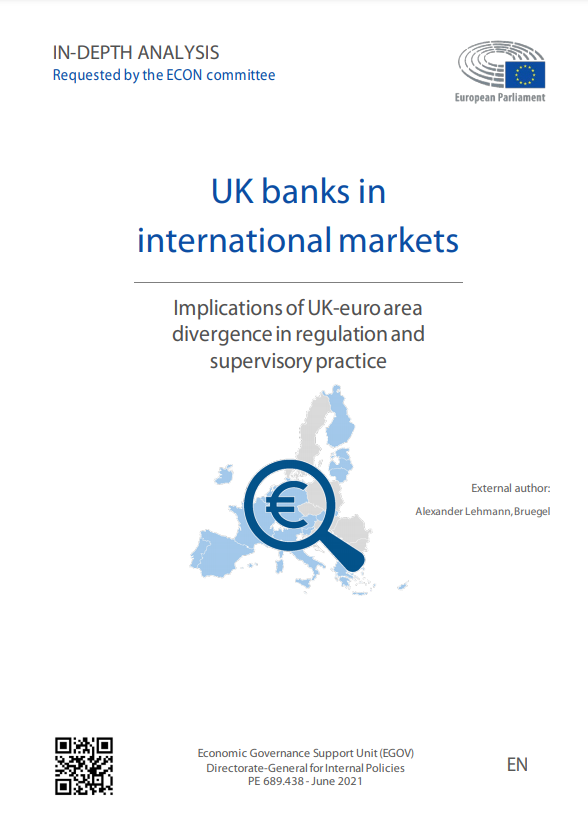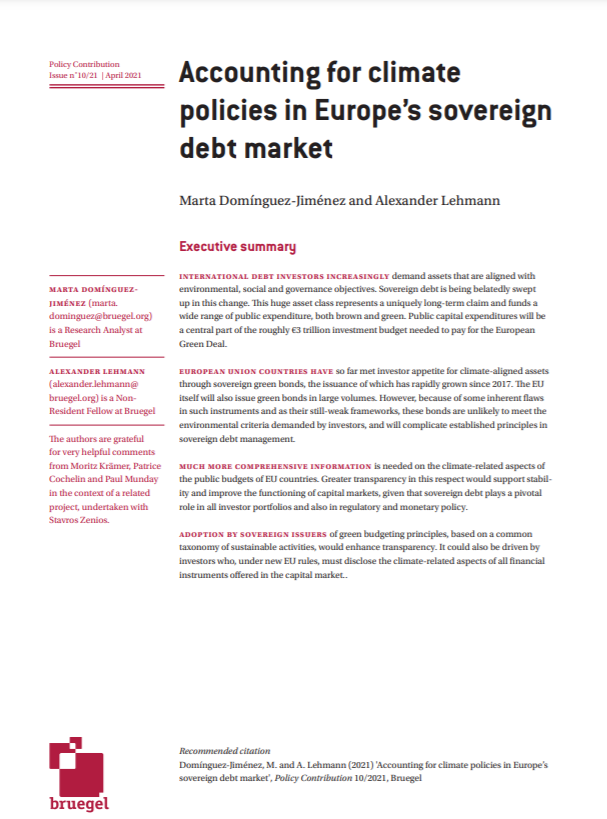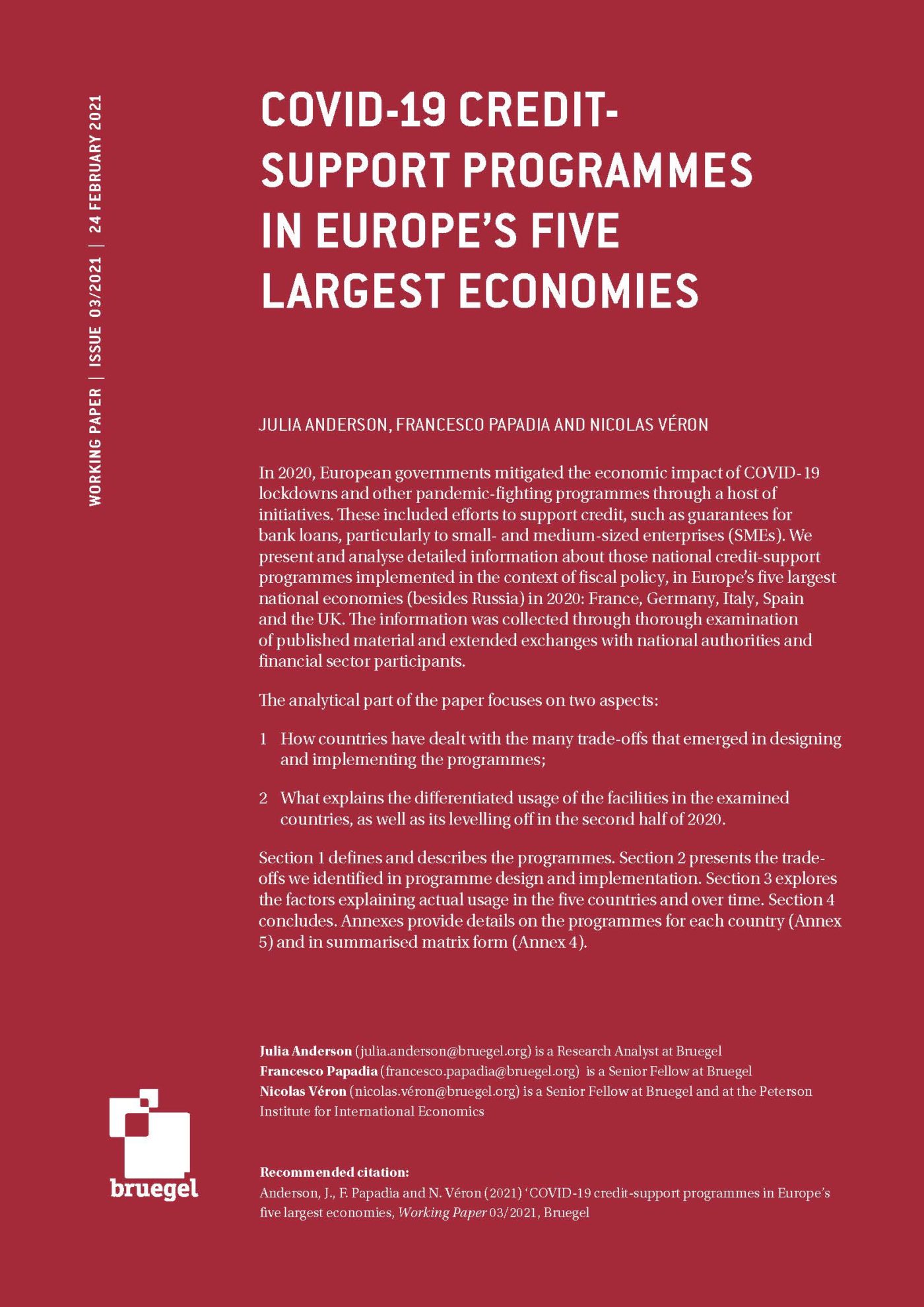Opinion
Brexit and Finance: Brace for No Impact?
Amid the daily high drama of Brexit, it is easy to lose track of the structural shifts, or lack thereof, that may be associated with the UK’s possible departure from the European Union. One of them, and not the least, is the potential impact on the European and global financial system.
A version of this opinion piece was also published on ispionline.it
Amid the daily high drama of Brexit, it is easy to lose track of the structural shifts, or lack thereof, that may be associated with the UK’s possible departure from the European Union. One of them, and not the least, is the potential impact on the European and global financial system. London is currently the undisputed financial hub of Europe of the broader region encompassing the Middle East and Africa; together with New York, it is one of the two still-leading financial centres worldwide, despite the ongoing rise of Asia and especially China. How does an event as momentous as Brexit interfere with this critical regional and global role of the United Kingdom?
The answer so far is: not much, and looking forward, probably not much more. Massive as the political shock of Brexit is, the European and global financial systems are intriguingly resilient to it.
To understand why, it is necessary to go beyond the in/out dichotomy that dominates the Brexit debate, and to understand at a more granular level what changes or doesn’t at different points of the different scenarios. Seen through the lens of the financial sector, the complex arborescence of possible UK futures boils down to two relatively simple observations.
First, the really decisive choice for the UK, from a financial-sector standpoint, is not whether or not to leave the European Union, but whether or not to leave its Internal (or single) market. The single market is closely associated with the EU construct and is defined by compliance by EU law, but its boundaries are broader than the Union’s. For example, Norway is in the single market without being an EU member state, and the same would be true of the UK during the transition period defined by the Withdrawal Agreement endorsed almost a year ago by Theresa May’s government. While being or not in the Union makes a major difference for UK officials who will no longer sit at the EU policymaking table if the UK leaves, it makes little differences to financial firms as long as single market membership is preserved, with the regulatory “passports” that come with it. So far, beyond responding to specific requests from supervisory authorities, most financial firms have appear to act on the baseline assumption that the UK is staying in the single market over their business planning horizon, and have correspondingly not made major changes to their operations even as they have sought new licenses to operate in the European Union outside of the UK.
Second, leaving the European single market would be severely detrimental to the UK as a regional and global financial hub. The loss of passporting rights would mean, to summarise a complex arrays of different situations, that the UK will no longer be the best place in its time zone to conduct financial business. In the benchmarking with the best competing locations within the post-Brexit European Union, the comparative advantages of the UK, significant as they are in matters such as language, culture, and the legal environment, would not be enough to offset the disadvantage of not being in the single market. As a consequence, new investment would be overwhelmingly directed elsewhere than to the UK, and there would most likely also be some direct transfers of activity from London to other European locations – in contrast to what has happened so far.
As a consequence, it appears highly likely that the UK will remain in the single market, even if it ends up leaving the European Union. The 2016 referendum was about leaving the EU, not the single market. Leaving the single market is too much pain for too little gain. And if the UK stays in the single market, its financial sector can and probably will keep its leading position regionally and globally.
If however, by an improbable twist of political dynamics, the UK does leave the European single market – a “hard Brexit” as the expression tends to be used – then the consequences may be dire for the UK, but will not be disruptive from a European let alone global perspective. Summarising again a lot, this is because the core of the City of London is a set of firms that are not structurally dependent on the UK: most are international arms of firms headquartered in the United States, or in Asia, or indeed in Continental Europe. For these firms, if London loses its edge, relocating elsewhere will be annoying and costly but by no means impossible. And one can be confident that European and other authorities will do what is needed to facilitate an orderly transition, because they have no interest in financial instability.
There are a number of challenges in today’s world which could turn out to be transformative for the global financial system. Brexit is not one of them.
Republishing and referencing
Bruegel considers itself a public good and takes no institutional standpoint.
Due to copyright agreements we ask that you kindly email request to republish opinions that have appeared in print to [email protected].











